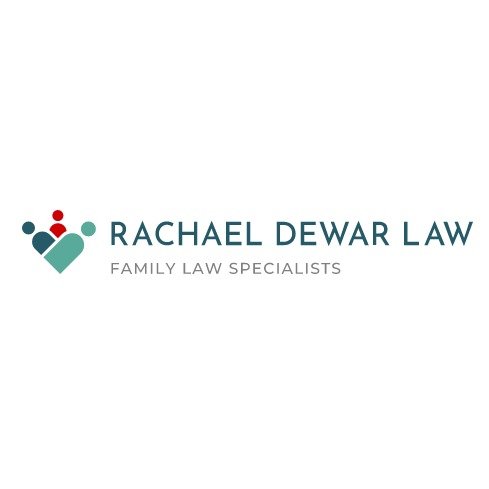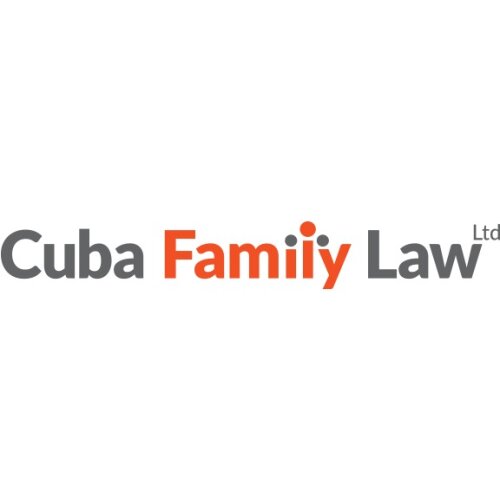Best Child Visitation Lawyers in Wellington
Share your needs with us, get contacted by law firms.
Free. Takes 2 min.
Free Guide to Hiring a Family Lawyer
List of the best lawyers in Wellington, New Zealand
About Child Visitation Law in Wellington, New Zealand
In Wellington, New Zealand, child visitation refers to the legal right or permission granted to a non-custodial parent, relative, or other significant figure in a child’s life to have regular, ongoing contact with the child. This area of family law is centered on the rights of the child to have access to both parents, and thus, both parents have an obligation to support their child which includes ensuring a relationship with both parents is maintained. However, if for any reason it is deemed by the court not to be in the child's best interests, these rights can be limited.
Why You May Need a Lawyer
Laws around child visitation are complex and emotionally charged. You may need a lawyer to help navigate these complexities. Typical situations where legal assistance is required can include: when initial visitation rights are being established; if the custodial parent is rejecting visitation; if there is a change in circumstances and visitation rights need to be modified; or if there are risks to the child during visitation, either due to domestic violence or other safety concerns. There can also be complications when one parent seeks to move away.
Local Laws Overview
In Wellington, like the rest of New Zealand, child visitation rights are regulated under the Care of Children Act 2004. The best interests of the child are always paramount. The Act encourages both parents to have a role in their child’s life and normally, the non-custodial parent is allowed reasonable access to their child. The degree of that access depends largely on factors such as the child’s age, health and wellbeing, and the child’s wishes, if they are of an age to express them.
Frequently Asked Questions
1. Who decides the terms of visitation?
The terms of visitation are either decided mutually between parents, or if they cannot agree, then it could be decided by the Family Court.
2. Can I dispute a visitation order?
Yes, if you believe the visitation agreement is not in the child's best interests, you can apply to the Family Court to have it changed or cancelled.
3. Can a visitation order be changed?
A visitation order can be varied or discharged by making an application to the court, typically if there is a significant change in the circumstances of either parent or if it is in the best interests of the child.
4. What happens when visitation rights are violated?
If a parent fails to comply with a court-ordered visitation schedule, they can be held in contempt of court. Penalties can include fines, changes to the visitation schedule or in serious cases, imprisonment.
5. Can grandparents or other relatives have visitation rights?
Yes, the Care of Children Act 2004 permits a person related or connected to a child to apply for contact, provided it serves the best interests of the child.
Additional Resources
If you require additional information, the following organisations can be helpful.
- Ministry of Justice - Offers a wealth of general advice about family law in NZ.
- Community Law - Provides free legal advice across a range of issues.
- Family Dispute Resolution - A government-funded mediation service for disputes related to care of children.
Next Steps
If you're facing a family law issue related to child visitation, it is advised that you contact a family lawyer who can guide you based on your unique circumstances. A lawyer can help you understand your rights, prepare legal documents, and represent you in court if needed. Remember, it is always vital to act in the best interests of the child and respect any court orders in place.
Lawzana helps you find the best lawyers and law firms in Wellington through a curated and pre-screened list of qualified legal professionals. Our platform offers rankings and detailed profiles of attorneys and law firms, allowing you to compare based on practice areas, including Child Visitation, experience, and client feedback.
Each profile includes a description of the firm's areas of practice, client reviews, team members and partners, year of establishment, spoken languages, office locations, contact information, social media presence, and any published articles or resources. Most firms on our platform speak English and are experienced in both local and international legal matters.
Get a quote from top-rated law firms in Wellington, New Zealand — quickly, securely, and without unnecessary hassle.
Disclaimer:
The information provided on this page is for general informational purposes only and does not constitute legal advice. While we strive to ensure the accuracy and relevance of the content, legal information may change over time, and interpretations of the law can vary. You should always consult with a qualified legal professional for advice specific to your situation.
We disclaim all liability for actions taken or not taken based on the content of this page. If you believe any information is incorrect or outdated, please contact us, and we will review and update it where appropriate.















